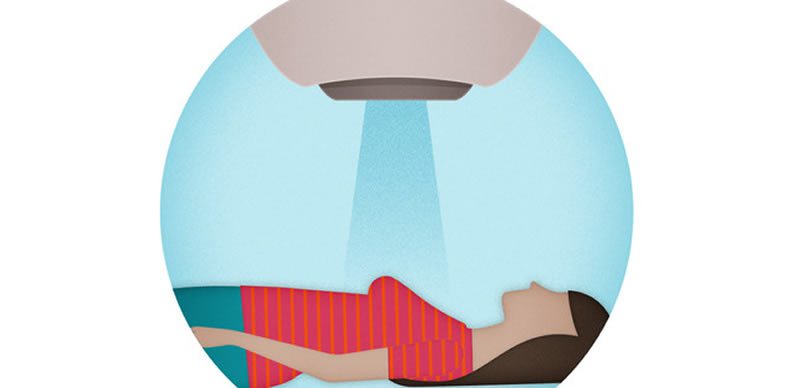The government said on Tuesday that they are making plans to sign an agreement with the Nigeria Sovereign Investment Authority to help with buying and maintaining radiotherapy equipment in cancer centers in the country.
Prof Usman Aliyu, the Director-General of the National Institute for Cancer Research and Treatment, revealed this in Abuja at the City Cancer Challenge Initiative Stakeholder Mapping and Engagement Workshop.
Radiation therapy, also known as radiotherapy, is a type of cancer treatment.
It is used to treat cancer and alleviate cancer symptoms. When used for treating cancer, radiation therapy can cure it, prevent it from coming back, or stop or slow its growth.
Aliyu, who represented the Minister of State for Health, Dr Tunji Alausa, at the workshop, stated that the NSIA-Lagos University Teaching Hospital cancer center has the best cancer equipment in the country, and the government aims to replicate this in other centers.
Aliyu mentioned that this aligns with President Bola Tinubu’s directive to upgrade the six cancer centers in six geo-political zones of the country.
He mentioned, “So the Coordinating Minister of Health and Social Welfare, Prof Muhammad Pate, wants to replicate what he saw in LUTH in almost all the other regions in the country.
“This is because if you look at the major problem of our radiotherapy equipment, it is the frequent breakdown, but that has actually never happened with the NSIA platform. I think what the NSIA-LUTH have is up to 80 per cent to 90 per cent excellent actually. So that is why we are trying to get something similar in the entire country.”
He observed that the burden of cancer in Nigeria continues to increase, posing a significant threat to the population’s health and well-being.
He added that according to the 2022 Global Cancer Observatory report, 127,763 new cancer cases were diagnosed with 79, 542 deaths from cancer in Nigeria.
“As we work towards addressing this challenge, it is crucial that we join forces, collaborate, and strategise to ensure that cancer patients in Abuja, and across Nigeria receive the best possible care and support.
“This workshop serves as a platform for us to identify and engage with the diverse range of stakeholders who play a crucial role in the fight against cancer,” he noted.
He stated that by mapping out the landscape of cancer stakeholders in Abuja, and the country at large, there would be a better understanding of the resources, expertise and gaps that exist within the current healthcare system.
The Mandate Secretary, Health Services and Environment Secretariat, Federal Capital Territory, Dr Dolapo Fasawe highlighted that the workshop was critical to the success of the project.
Fasawe said this was because it was the foundation that would determine both the success of subsequent phases of the project and the overall objectives of the project.
“This is what this challenge will do. We will have community mobilisation teams in each of our area councils, we will educate them on what early signs of cancer look like in a woman and in a man.
“I can promise you that with this new hopeful government, we will identify the problems that are causing more people to die from cancer and work to fix them.
“This project shows that there is support to address the problems. These issues could be a lack of staff, more advocacy, or additional cancer treatment centers,” she mentioned.
The Director, Africa and Europe at City Cancer Challenge Foundation, Sophie Bussman-Kemdjo, pointed out that the organization, which operates in 15 cities worldwide, will use a proven framework from previous cities to improve cancer care in the FCT.
“We will establish a governing body in the city to supervise the implementation and expansion of the initiatives, and conduct a comprehensive assessment to determine the most urgent needs in the city. This body will collaborate with all relevant parties to prioritize the main needs and strategically plan which projects to prioritize.
“At the city cancer challenge, we will leverage our network of partners to provide enhanced support. This means aligning with local needs instead of imposing our own ideas. We will support the existing efforts,” she explained.



